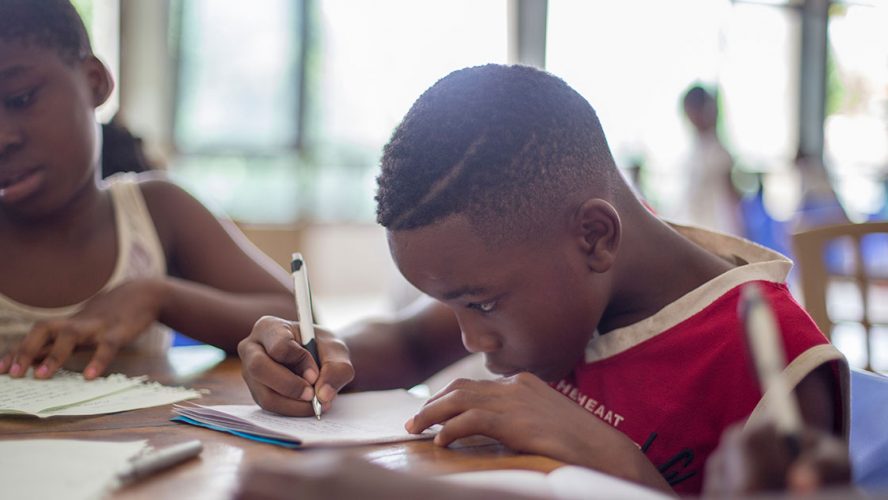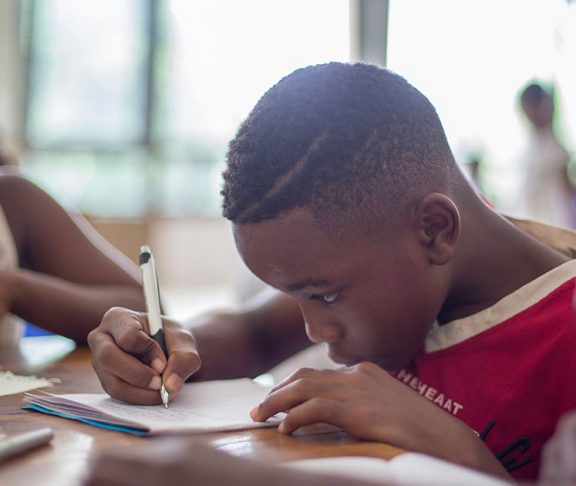Early childhood care and education (ECCE) is one of the most powerful tools we have to maximize the long-term prosperity and health of children in the United States and around the globe. It is an essential part of a country’s economic and human development, and making it available to all children is no longer optional.
We know that the foundations of development and learning are laid in a child’s first five years and that quality ECCE significantly helps children be better learners when they go to school. We also know that good education equips people to lift themselves and their families out of poverty and to enjoy greater health benefits. That benefit increases when more children in a community participate in early childhood education because they are less likely to repeat grades or drop out. That, in turn, helps education systems become more efficient and save scarce resources. The potential multiplier effect of ECCE is enormous.
Bridging the achievement gap
In order to take advantage of that potential, however, countries and communities must first commit to providing quality ECCE to every child, especially those from the lowest-income households who often fare worse than their counterparts in high-income homes.
But it won’t be enough to provide just any education; we must ensure that ECCE programs are delivering what children need. Doing so means recruiting and training qualified educators, providing appropriate learning materials and conducting data-driven analysis essential for the optimal planning and delivery of superior programs.
Finally, in countries dealing with conflict or humanitarian crisis, humanitarian responses must focus more resources on helping governments and international groups deliver ECCE programs, especially amidst chaos.
What more is needed
While trained, committed teachers are at the heart of quality early education, effective early learning also happens in the home. That’s why it’s important to help parents and caregivers learn how to expose their children early to stimulation and provide support for learning at home — through play, storytelling, singing and other experiences. One key to doing that is providing parents with culturally appropriate materials in their local language.
It’s an exciting time for ECCE around the world. A growing number of developing countries are intensifying their efforts to bring quality programs to more children. It’s a welcome trend we hope continues for years to come. In addition, the United Nations’ Sustainable Development Goals include a target for ECCE for the first time. This is progress, but we must continue working until the more than 150 million children who don’t have pre-primary education finally get what they need.

